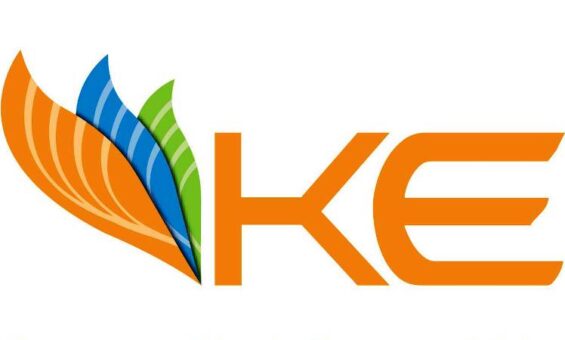KARACHI: Pakistani Rupee (PKR) continued to weaken against the dollar and lost Rs2 on Thursday to end the exchange rate at Rs225.42 in interbank foreign exchange market.
The exchange rate recorded a depreciation of Rs2 to Rs225.42 in rupee value against the dollar from previous day’s closing of Rs223.42 in the interbank foreign exchange market.
READ MORE: Dollar strengthens to PKR 223.42 at interbank closing
Currency experts said that the rupee was under immense pressure due to high dollar demand for import payment.
They said that the floods played havoc to Pakistan economy. The country suffered about $10 billion losses due to the floods.
The experts said that the high imports are l likely due to the devastation of standing crops and other human losses.
It is pertinent to mention that the rupee fell to the record low at Rs239.94 against the dollar on July 28, 2022.
READ MORE: Dollar continues upward journey; ends at PKR 221.42 in interbank
The rupee made some recovery against the greenback after the IMF fund was transferred to the State Bank of Pakistan (SBP). However, the removal of sanction on import of luxury and non-essential items the rupee again started free fall.
It is worth mentioning that the rupee made recovery during the last week owing to inflows of $1.16 billion from the International Monetary Fund (IMF).
The IMF executive board on August 29 approved seventh and eighth review for Pakistan and allowed transfer of $1.1 billion as tranche, which was received by the State Bank of Pakistan (SBP) on August 31, 2022.
The currency experts said that although the IMF inflows would help the further inflows under bilateral and multilateral sources. However, the devastation of floods has changed the economic environment scenario.
The torrential rains and flash floods have inflicted a loss of $10 billion to Pakistan’s economy.
The devastation will prompt the country to make imports in the coming days, especially for agriculture products.
The rupee also fell due to continuous depletion in foreign exchange reserves of the country.
The foreign exchange (FX) reserves of Pakistan have declined by $119 million to $13.40 billion by the week ended August 26, 2022. The foreign exchange reserves of the country were at $13.522 billion by the week ended August 19, 2022.
READ MORE: Dollar ends up to PKR 219.86 on September 05, 2022
The country’s foreign exchange reserves hit an all-time high of $27.228 billion on August 27, 2021. Since then the foreign exchange reserves have declined by $13.825 billion.
The official foreign exchange reserves of the State Bank witnessed a decline of $113 million to $7.697 billion by the week ended August 26, 2022 as against $7.810 billion a week ago.
The foreign exchange reserves held by the central bank witnessed a record high at $20.146 billion by the week ended August 27, 2021. Since then the official reserves of the SBP dropped by $12.449 billion.
READ MORE: Dollar jumps to PKR 218.98 at interbank closing on Sept 02, 2022
The central bank however said it had received proceeds of $1.16 billion (equivalent of SDR 894 million) from IMF under the Extended Fund Facility (EFF) on August 31, 2022 which would be included in SBP’s foreign exchange reserve position for the week ending on September 02, 2022.








